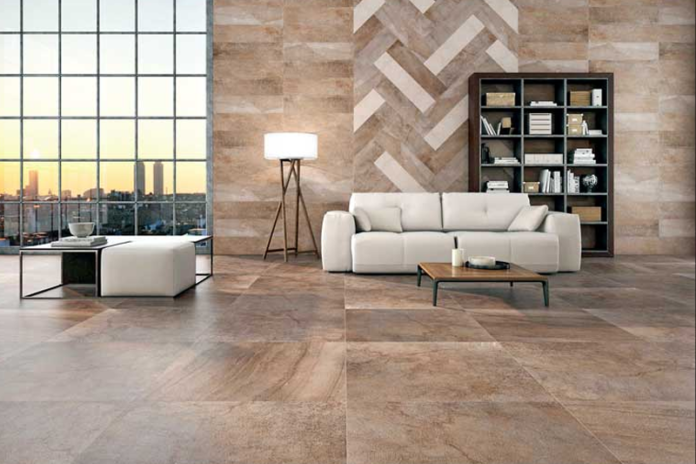By: Staff Writer
January 20, Colombo (LNW): Sri Lanka’s tile and sanitary ware importers, already battered by the COVID-19 pandemic and the economic crisis, are now grappling with an even harsher blow—hefty import taxes under the guise of protecting domestic manufacturers. Stakeholders warn this could spell disaster for both businesses and consumers.
The latest proposal includes the introduction of anti-dumping duties, on top of existing taxes, pushing consumer prices to unsustainable levels.
According to Sri Lanka Customs, the effective tax rate on imports could soar to an astonishing 133 percent of the actual value, making essential items like bath ware, floor tiles, and wall tiles prohibitively expensive.
While the government claims these measures protect domestic industries, critics argue the real winners are two dominant local manufacturers who have reaped massive profits during the import ban.
These policies have left consumers and young couples—already struggling to build homes—paying the price. Taxes on tiles have surged from 94% pre-pandemic to 113%, and the planned duties of 133 percent could create a near-monopoly akin to the infamous “sugar and rice mafias.”
A Market in Crisis
The Tile and Sanitary Ware Importers Association warns that these protectionist policies stifle competition, reduce variety, and exacerbate supply chain issues.
They argue the local manufacturers fail to meet the demand or provide the diverse options required by the market, particularly for premium projects like luxury hotels, which rely on branded imports to justify their high rates.
Customs data reveals that while local manufacturers dominate the market (producing 45% of tiles), the remaining 55% must be imported—at exorbitant taxes.
The sanitary ware market, which imports around 20,000 pieces monthly, is similarly burdened with taxes averaging 113% of CIF (cost, insurance, freight) value. Despite these challenges, importers contribute significantly to the economy, supporting over 2,000 distributors and nearly 100,000 direct and indirect jobs.
Economic Implications
The Condominium Developers Association of Sri Lanka (CDASL) has voiced concerns about the broader economic fallout of these measures.
They argue that monopolistic practices and excessive taxation not only drive up construction costs but also hinder housing affordability and accessibility.
With affordable housing a key driver of inclusive growth, these policies risk further destabilizing the industry.
The CDASL and the Importers Association have called for:
An 18% tariff reduction on tiles and sanitary ware to lower construction costs and stimulate growth.
A five-year policy to attract foreign investment in property and real estate.
Reforms to customs valuation to curb under-invoicing and stabilize prices.
A Balanced Approach Needed
Critics urge policymakers to adopt a balanced strategy that safeguards consumer interests while supporting domestic industries. Protectionism, without addressing the monopolistic tendencies of local manufacturers, risks eroding market fairness and public trust.
The time has come for the government to reconsider its approach—one that ensures fair competition, encourages innovation, and makes the dream of homeownership a reality for Sri Lanka’s citizens.

